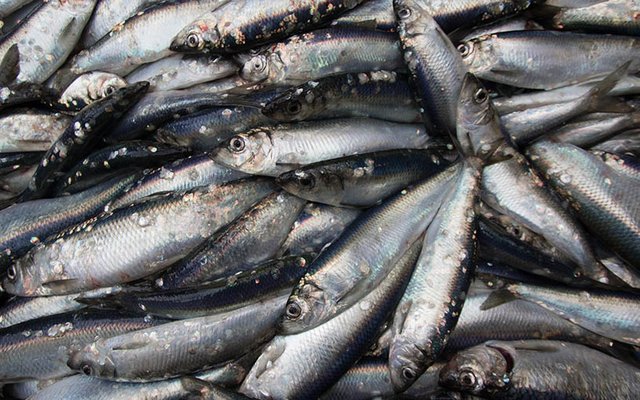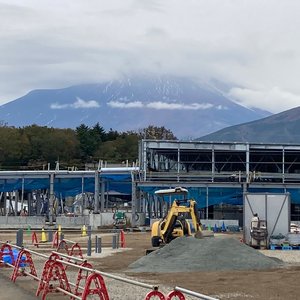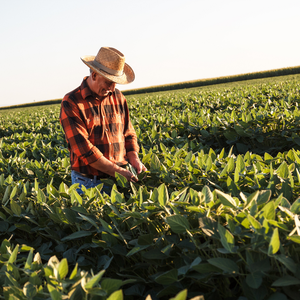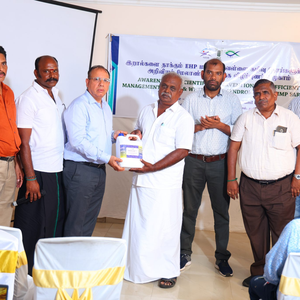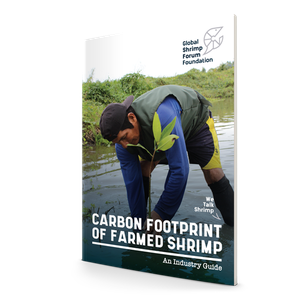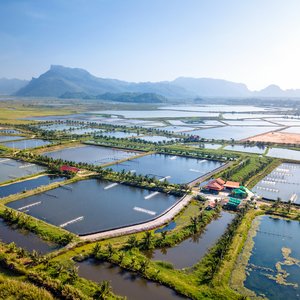Skretting, Cargill, and BioMar are setting an ultimatum to the coastal states fishing for Northeast Atlantic blue whiting. Blue whiting is a prized, pelagic quota species of the Northeast Atlantic, predominantly used for fish oil and feed for salmon aquaculture. After more than a decade of mismanagement, the principal buyers of this stock are setting an ultimatum for change.
Blue whiting was stripped of its Marine Stewardship Council (MSC) certification in 2020, and no longer boasts the widely recognized blue tick that consumers have come to know and trust as a symbol of sustainability assurance. This triggered a domino effect and the loss of its MarinTrust certification. Despite this wake-up call, the coastal states continue to engage in overfishing, and the blue whiting stock was fished above sustainable levels yet again, by 30% in 2021 and 47% in 2022. For companies sourcing from this fishery, the lack of political cooperation poses an unacceptable threat to their wider commitments to responsible business practices.
Dave Robb, sustainability program lead at Cargill, said that “the spotlight is on aquaculture to develop sustainably and a key part of that requires sustainably managed feed ingredients. Fisheries around the world are under pressure and we should be able to look to the European coastal states for leadership on responsible and sustainable management of shared fisheries resources such as Northeast Atlantic blue whiting, mackerel, and herring – especially when the premiers of three of the states are represented in the High Level Panel for a Sustainable Ocean Economy. Blue whiting has been a key part of the development of a sustainable aquaculture sector in Europe – especially the salmon sector in Norway. But Norwegian fish farmers have already shown that they would not buy fishmeal from blue whiting which is not responsibly managed across the fishery. Now is the time for the governments to act and show leadership for sustainable fishing.”
Call to action
The North Atlantic Pelagic Advocacy Group (NAPA), a collective of seafood businesses including Cargill, Skretting, and BioMar, is calling for action. NAPA want to see the coastal states put aside their politics, take cooperative steps to agree on quota shares that follow scientific recommendations, and commit to long-term fisheries management plans. To accomplish this, NAPA has established a blue whiting Fishery Improvement Project (FIP), a blueprint to guide political action towards responsible decision-making that champions sustainable stocks.
To highlight their commitments to driving positive, political change, Cargill, Skretting, and BioMar have publicly committed to cease sourcing from the fishery if the coastal states fail to put sustainability first.
“If the FIP should fail, we will stop purchasing blue whiting as we, our customers, and stakeholders follow the highest ethical and sustainability standards. It is vital that an agreement on the distribution of quotas can be achieved, and we urge to find a resolution promptly to avoid any potential risks of overfishing and therefore failure of the current FIP,” said BioMar.
Leif Kjetil Skjæveland, manager of sustainability and public affairs at Skretting, said, “we want to continue to use blue whiting as a raw material. It is an excellent and sustainable marine ingredient, but only if the fishery is well managed. The lack of progress among the coastal states might cause us to stop using blue whiting, and this is at a time when locally sourced food and sustainable raw materials are more important than ever. So, to the governments in the coastal states: please start talking to each other and work out an allocation! This ball is too important to drop.”


